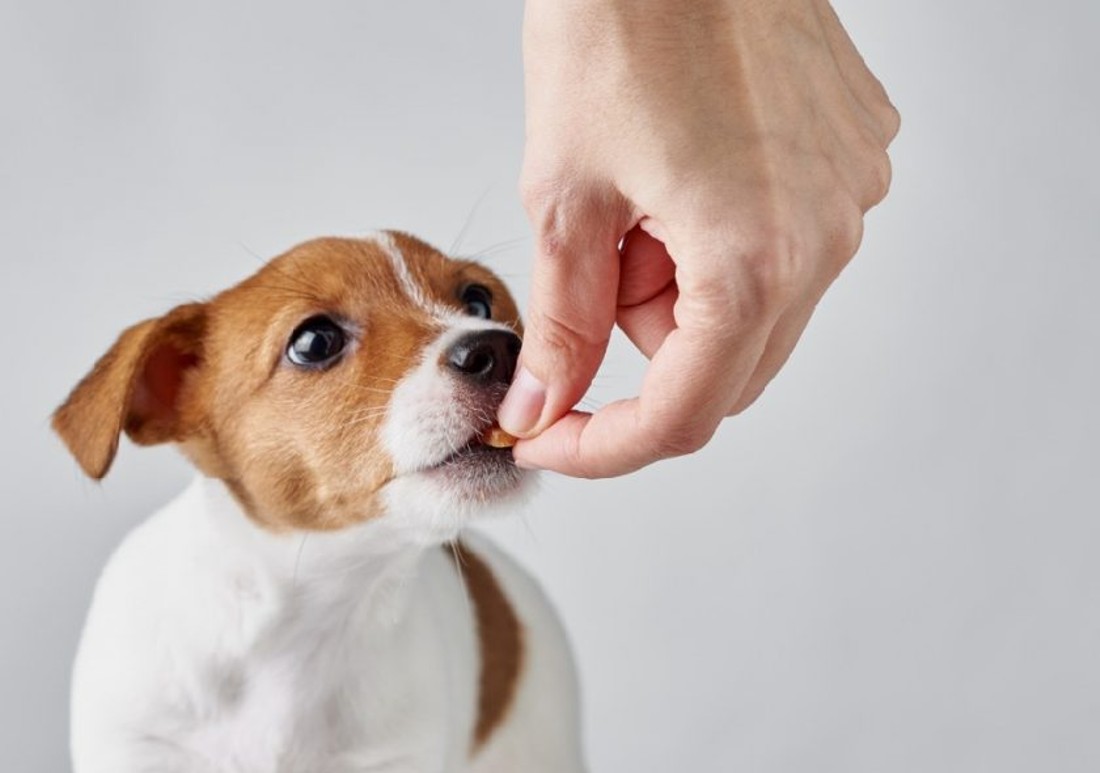Should You Give Your Pup a Multivitamin?

If you’re a pup parent, you want nothing but the best for your furry companion. That includes a healthy diet of nutritious food, regular exercise, and plenty of love and affection. What about multivitamins? Are they necessary? A multivitamin is a supplement that contains a combination of vitamins and minerals essential to the health of humans and animals. While it can be beneficial in certain circumstances, there are potential risks to consider before giving your pup a daily boost of vitamins.
In this post, we’ll discuss if giving your pup a multivitamin is necessary and what advantages there are to doing so. We’ll also review some of the top multivitamins on the market and provide tips on how to choose one that’s best for your pup. By the end of this post, you’ll have a better understanding of whether a multivitamin is the right choice for your pup.
What Is a Multivitamin?
A multivitamin is a dietary supplement that contains a combination of essential vitamins and minerals, such as calcium, magnesium, zinc, iron, and Vitamin A, B, C, and D. Multivitamins are designed to maintain overall health by providing the body with extra source of vitamins and minerals that may not be obtained through diet alone.
Benefits
Multivitamins offer several benefits to dogs that may lack the necessary nutrients due to an improper diet or illness. Regular multivitamin supplementation can help guard against conditions like anemia, weakened bones, skin problems, vision problems, and more. In some cases, it may act as general immune system support for ill or aging pets.
Common Multivitamin Ingredients
Multivitamins for dogs typically contain the following ingredients: Vitamins A, B1 (Thiamine), B2 (Riboflavin), B3 (Niacin), B6 (Pyridoxine), C (Ascorbic acid), D3 (Cholecalciferol), E (Tocopherols), K (Phylloquinone), and Folic acid. Minerals like Selenium, Zinc, Manganese, Copper, Iron, Magnesium, Iodine, Chromium, Molybdenum, and Calcium may also be included.
Potential Risks of Multivitamins
While multivitamins are generally safe for dogs in appropriate doses, there are some potential risks associated with regular supplementation. The most common issues stem from overdosing due to incorrect dosage instructions or unknown contaminants in the vitamin. It’s important to make sure you follow the directions on the label carefully to avoid any potential side effects. Make sure any multivitamin you use is free from contaminants or impurities, and look for quality brands that have been tested for safety and purity.
What To Look for When Choosing a Multivitamin
When shopping for a dog multivitamin supplement for your pup, it is important to look for quality ingredients and appropriate dosages. Avoid products that contain artificial colors, flavors, or preservatives. These can cause digestive upset or other reactions in your pup. Read labels carefully and double-check the dosage recommended for your pup’s size and weight. Talk to your veterinarian if you are unsure what amount is right for them.
When To Consider Giving a Multivitamin
Giving your pup a daily vitamin supplement may be beneficial in certain circumstances if they do not get adequate nutrition from their diet alone. Examples include pregnant and nursing dogs who need extra vitamins and minerals, senior pups with weakened appetites who need additional nutrients, or sick or injured dogs who require an extra boost of immunity-boosting vitamins and minerals while recuperating. Always consult with your vet first before starting any new dietary changes or supplement routine, since too much of certain vitamins can be toxic in large doses.
Alternative Options
If you decide that giving your pup a multivitamin supplement isn’t for them after talking to your vet, there are several other options available. Consider making homemade treats with natural ingredients high in essential vitamins like fruits and vegetables. You can also research natural supplements like fish oil or probiotics that can be added to their diet or visit the vet regularly for check-ups so any dietary deficiencies can be monitored and corrected.
Final Note
Ultimately when it comes to giving your pup a dog multivitamin supplement there is no one-size-fits-all answer. It depends on their individual needs as well as the quality of their current diet. Talk to your vet about other potential health issues before deciding whether supplementing them is necessary for your pup’s well-being.
Your Pet’s Best Interest, Always
At Pet Institute, we take pet care seriously. We're dedicated to transparency, impartiality, and the well-being of your pets in every article, review, and recommendation we provide. Our unwavering commitment to these principles ensures that you, our valued reader, always receive reliable and unbiased information. Let us be your trusted guide in the world of pet care and companionship.